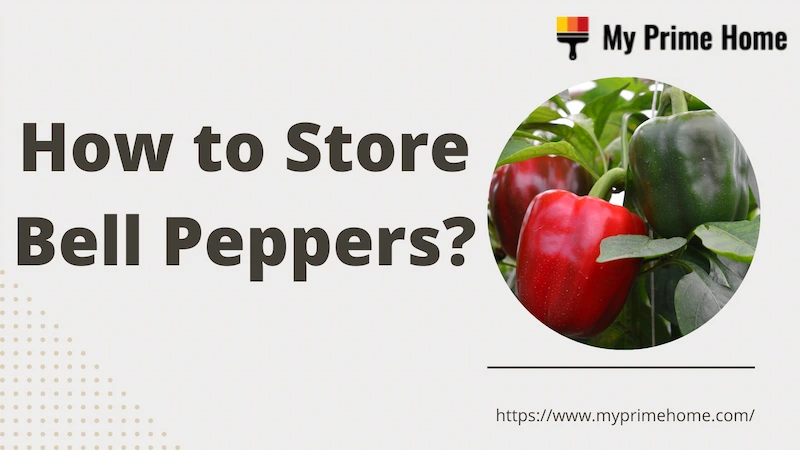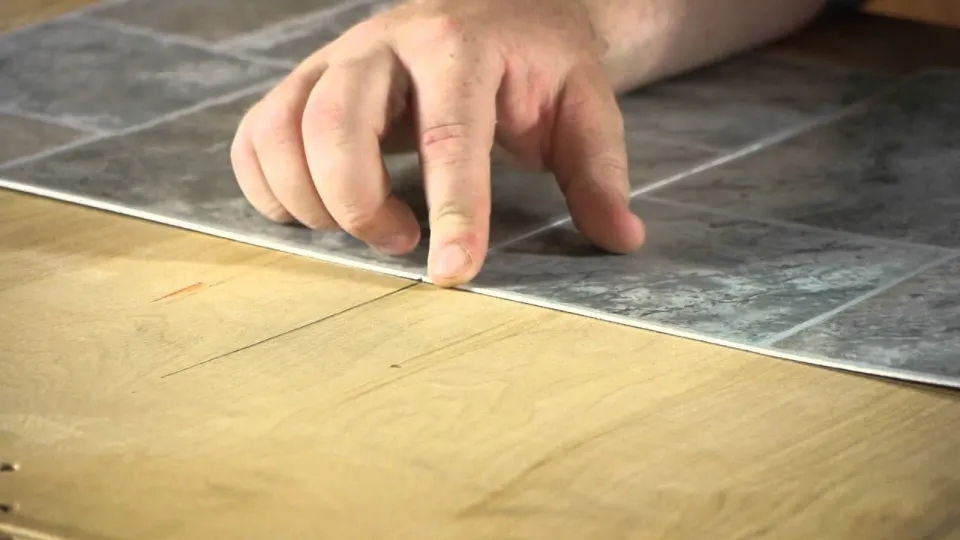This comprehensive guide will teach you how to store bell peppers (the simplest methods) and keep them fresh for longer (at least 2 weeks).
Bell peppers should be kept in the crisper drawer unwashed for the best storage results. If your crisper is already full, you can put them anywhere else in the refrigerator as long as they are sealed in an airtight container or freezer bag to prevent them from losing moisture as quickly.
Read on to find more detailed information.
How to Store Bell Peppers?
You can store bell peppers in a few different ways, depending on how long you want to keep them and how you plan on consuming them:
Countertop
Bell peppers won’t lose much of their freshness if left out at room temperature for a few days if you intend to use them right away. To avoid mold and other decay, it’s a good idea to put them in a produce bag and keep them somewhere cool and dry.
Refrigerator
If you intend to use your bell peppers within a week or so, refrigeration may be the best option for storage. Make sure your peppers are first completely dry because too much moisture will cause them to spoil too soon. Fill a plastic bag with the peppers; ideally, the bag will have holes for air circulation, like a mesh bag. Along with other vegetables, they ought to be placed in the crisper drawer, which allows airflow. Put cut bell peppers with a paper towel to absorb moisture in an airtight container.
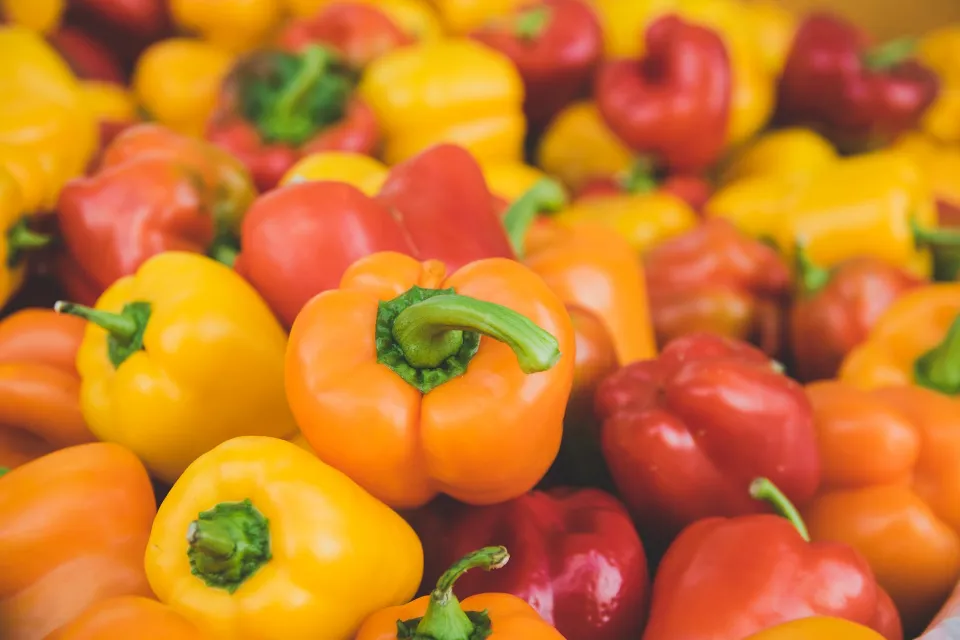
Freezer
Before freezing bell peppers, remove the stem and slice off the top of the peppers. The peppers can be chopped or sliced into half-inch-wide strips. The peppers should be laid out in a single layer on a baking sheet and flash frozen for an hour in the freezer. They should then be taken out of the freezer and placed in a freezer bag. Then put them back in the freezer, pressing out as much air as you can. Whole peppers can also be frozen. The peppers should be given new tops, wrapped in plastic wrap, and put in a freezer bag. Peppers that have been frozen will keep for at least six months.
Pickled
Pickled peppers are a combination of a preservation technique and a recipe. Pickling can be divided into two types: vinegar pickling, which uses acetic acid to preserve the peppers’ flavor, and lacto-fermentation, which uses salt and water to promote healthy bacterial transformation. Peppers can be pickled and kept for a few weeks in the refrigerator.
Canned
The longest possible shelf life for your peppers is provided by canning, a type of preservation. Pickled peppers, sweet peppers, hot peppers like jalapenos, and peppers packed in vegetable oil can all be canned. Sealing food in glass jars is referred to as canning. Heat and pressure, usually in the form of steam or boiling water, help the lids adhere to the top of the jar and form a tight seal while also killing any potentially harmful bacteria. This type of preservation allows peppers to last for years in your pantry.
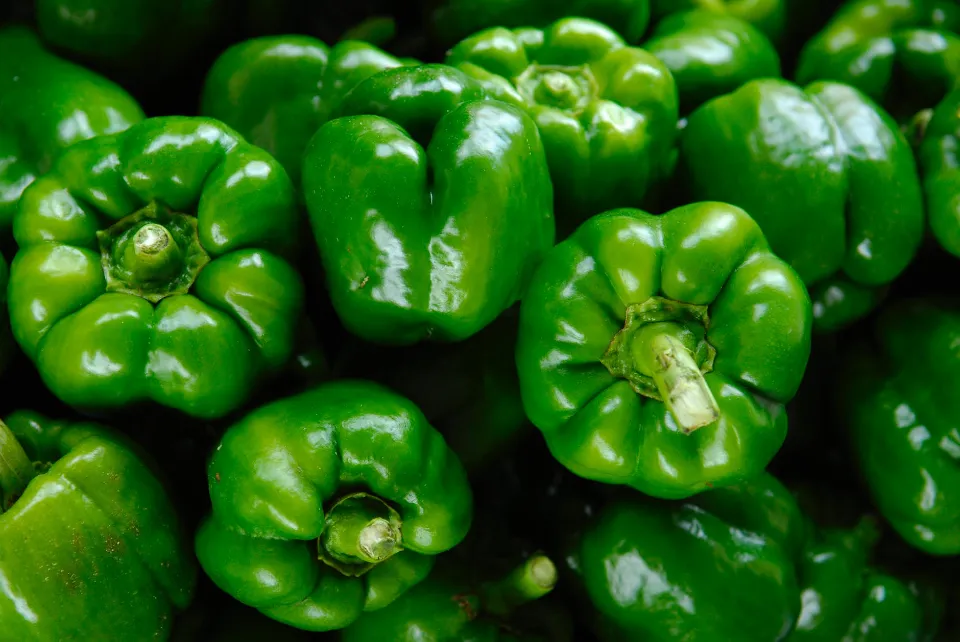
Dried
You can dry smaller, hot peppers whole, but bell peppers are usually best dried after being sliced. Use a dehydrator or a low-temperature oven to slice and dry the peppers. The dehydrator will provide you with the best results in the shortest amount of time because it is made specifically for the task. To maintain their color, peppers can be blanched before drying. Put the pepper slices in boiling water for a minute, then immediately into cold water. The peppers should be dried before being put on a cookie sheet in a single layer. Peppers will last for a few weeks after drying.
Can You Freeze Bell Peppers?
Whether whole or cut up, bell peppers can be frozen. Sliced bell peppers take up much less space than whole ones, making the latter method more popular. Additionally, if the pepper has already been cut into pieces, it can be used without even defrosting first.
When it comes to how to freeze bell peppers, here’s what you should do:
- The peppers should be washed and then cut into whatever size or shape makes sense to you. Here, your goal is to have the peppers prepared for use as soon as they have thawed. Let the chopped vegetables dry on paper towels (or whatever) to complete this step.
- Pre-freeze.Pick up a cookie sheet and arrange the vegetables on it in a single layer so that they don’t touch one another (a little bit of touching is fine; just keep them from clumping together). Finally, put that sheet in the freezer, and then wait 2 to 3 hours, or until the peppers are solid, before removing it.
- Transfer to freezer bags.Slices of pre-frozen bell pepper should be placed into one or more freezer bags. By doing so, you can free up space on your tray and protect the vegetables from freezer burn. If it helps, mark the bag with the date and the contents. Squeeze out any remaining air, then tightly close the bag.
- Back in the freezer.Place the bags in the freezer.
As you can see, the procedure is fairly straightforward and shouldn’t require more than, say, 10 to 15 minutes of active time, depending on how long it takes you to prepare the peppers.

How Long Do Peppers Last?
Whole bell peppers can keep for a few weeks or longer if kept in the appropriate environment (in the fridge, in a dry place).
Keeping cut peppers in an airtight container with a paper towel-lined bottom will extend their shelf life to around 7 days.
Sliced, cut, or whole peppers will all develop mold and soft spots if they have too much moisture. Both the refrigerator’s crisper drawer and an airtight container lined with paper towels will prevent moisture from accumulating on the peppers.
Read about
How Do You Know If a Bell Pepper is Bad?
Your bell pepper is spoiled when:
- It’s rotten or moldy. As usual, you can cut off small portions, but if they’re too large, it’s best to discard the vegetable.
- It feels hollow, is wrinkled, soft, or slimy. These are all brought on by moisture loss. Again, minor sunken areas are acceptable, but the pepper should be discarded if it becomes too soft to the touch.
- There’s a problem with the way it looks or smells. Trust your instinct and throw away any vegetables that you don’t feel are suitable for consumption.
- It spends way too much time in storage. For whole peppers, this translates to more than three weeks, and for cut or cooked peppers, it means more than a week. Although they might not be harmful technically, it is better to be safe than sorry.
Fresh, high-quality peppers have smooth, firm skin and a heavy weight, similar to the majority of other vegetables.
The quality starts to deteriorate a few days after being stored. Typical changes include:
- wrinkling
- small soft spots
- loss of weight or size
As long as the symptoms are minor, either of those are acceptable. However, when the standard falls below a certain mark, it’s time to let the peppers go.
As usual, it’s impossible to predict when that occurs. If your bell peppers are still safe to eat, that is ultimately up to you to decide. Throw them away if you’re unsure.
What to Look for When Buying Bell Peppers?
A bad bell pepper is just that, regardless of how you maintain them. If the bell pepper is already bad, no amount of preservation will stop what must happen. Here’s what to look for at the grocery store or farmer’s market:
- Firm exterior
- A glossy exterior
- Brightly colored
- Feels heavy for the pepper’s size
- No soft spots and little or no wrinkles
- No mold growth: brown spots, black spots, or fuzzy spots
Cut off the bad spots and use the peppers right away if your peppers are rotting or have bad spots. Peppers can be eaten now or frozen for later.
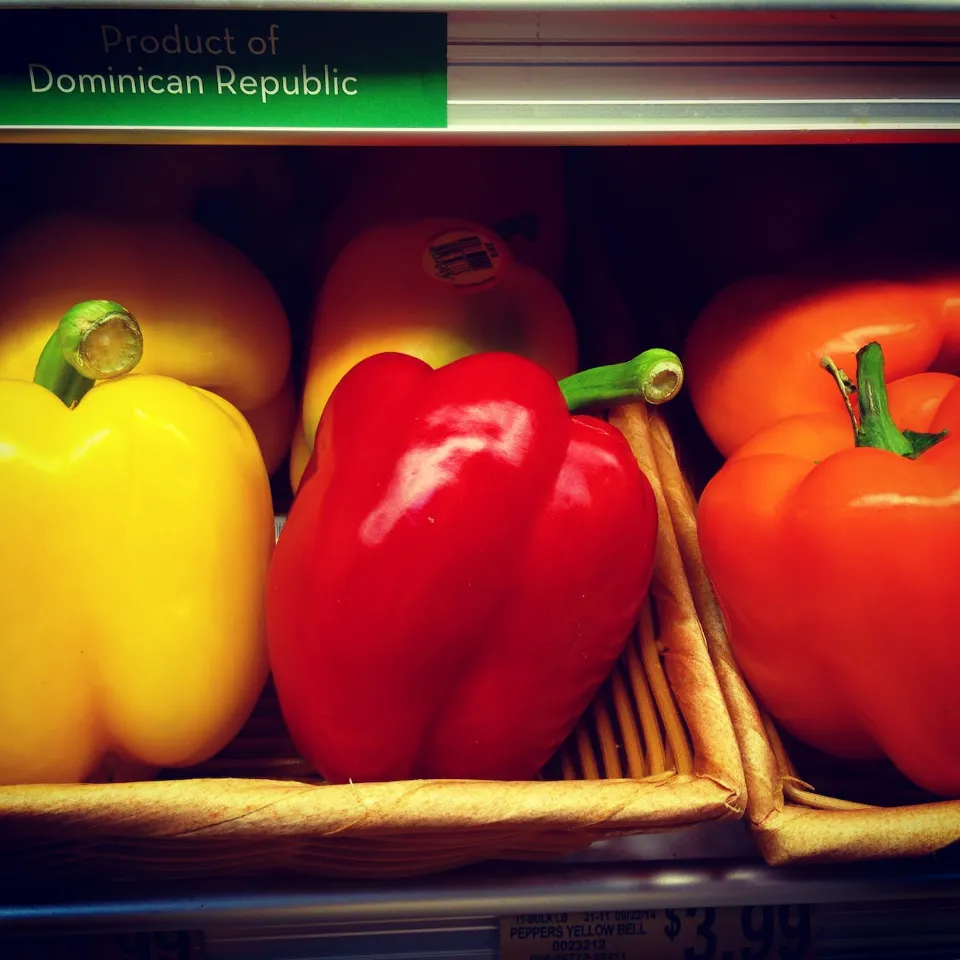
FAQs
How Do You Make Bell Peppers Last Longer in the Fridge?
Place the peppers in a plastic bag, ideally with holes for air circulation, like a mesh bag. To allow for airflow, they should be placed in the crisper drawer with other vegetables. Cut bell peppers should be put in an airtight container with a paper towel to absorb moisture.
Do Peppers Last Longer in the Fridge Or on the Counter?
Put simply, peppers should always be kept in the refrigerator. However, if a pepper that hasn’t been cut is left outside for a few hours or even overnight, it probably won’t go bad. The skin of a pepper will prevent the softer interior flesh from drying out and degenerating.
Do You Keep Bell Peppers in the Fridge?
The best way to keep bell peppers fresh is to store them whole, in a plastic bag inside the crisper drawer of your refrigerator. The flavor, texture, and moisture of your bell peppers will all be preserved as a result.
Do Bell Peppers Last Longer Whole Or Cut Up?
When stored in the right place (in the fridge, a dry place), whole bell peppers will last a couple of weeks or longer. Cut peppers can be kept for approximately 7 days if they are placed in an airtight container with a paper towel-lined bottom.
Summary: How to Store Bell Peppers?
Although they can also be frozen, sweet peppers have a shelf life of about 1-2 weeks in the refrigerator.
Peppers should be kept in the vegetable crisper of your refrigerator in a plastic bag for the best flavor and quality preservation.
If you want to freeze your peppers, slice or chop them, spread them out on a cookie sheet, and freeze them. Then, as soon as they are frozen, put the pieces in an airtight container or heavy-duty freezer bags for later use.
If you have any questions, please leave a comment. My Prime Home tries to give you the best furniture information. Thank you for reading.
